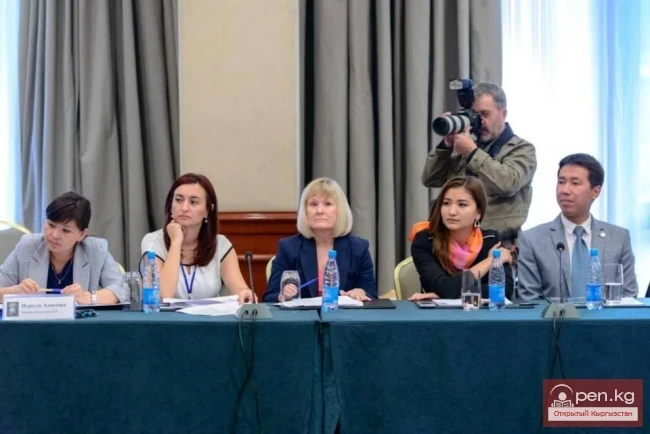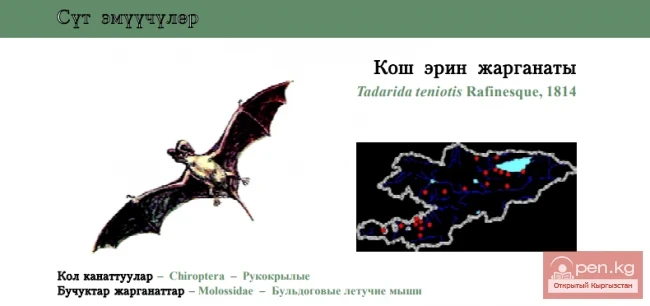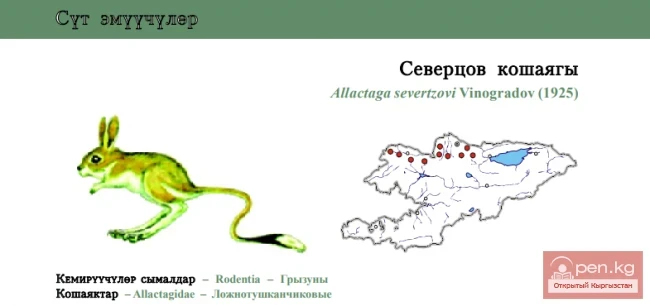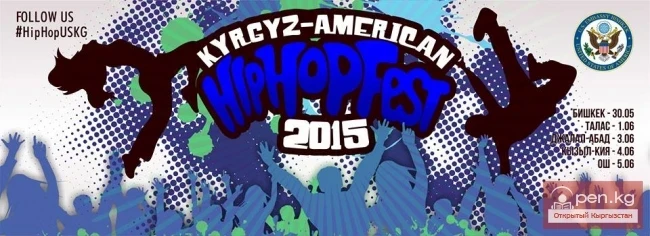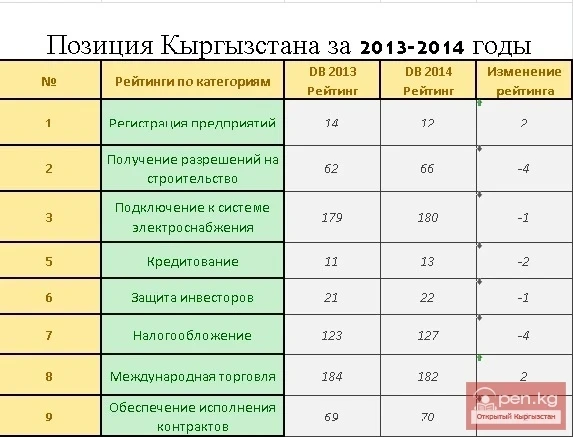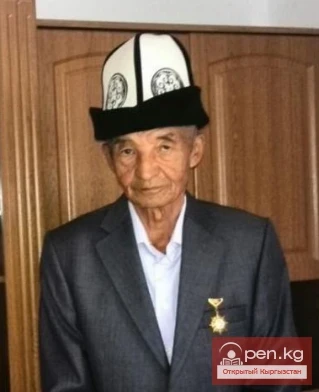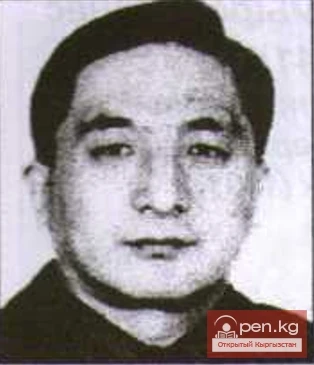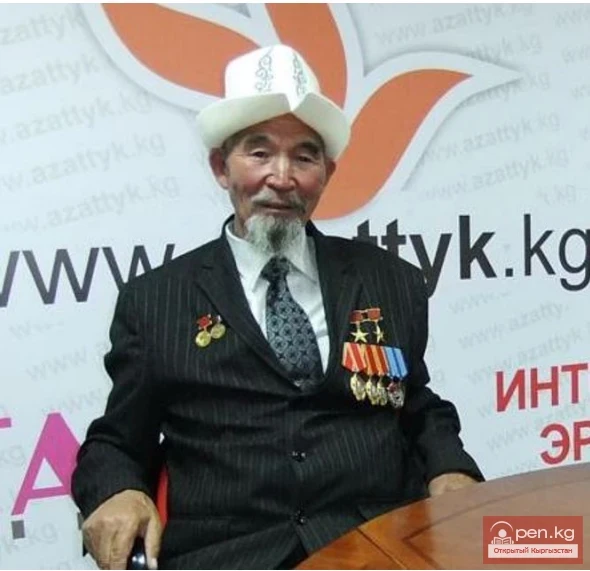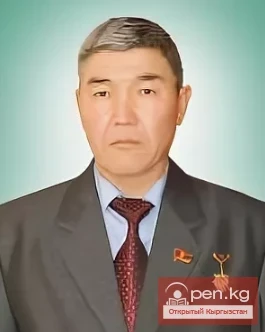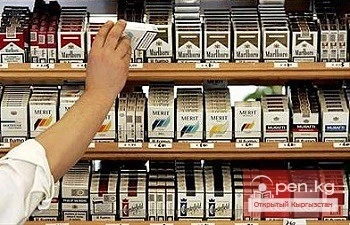
According to a study by the Association of Markets, Trade Enterprises, and Services of the Kyrgyz Republic, the proposed amendments to the "anti-tobacco" legislation by a group of deputies from the Jogorku Kenesh could result in significant financial losses for both domestic businesses and the state budget.
- The estimated total loss for the state is at least 346.5 million soms annually, but in reality, it will amount to half a billion soms (about 8 million USD – editor's note), - said the president of the Association, Sergey Ponomarev. - The "hundred-meter ban" could affect 80-90%, or about 10,000 retail outlets, which threatens them with a loss of about 11.6 billion soms (over 185 million USD) in cigarette sales turnover. For entrepreneurs in our country, this is a very large sum.
Arthur Tashibekov, a lawyer for the Association of Markets, Trade Enterprises, and Services, stated that the draft law being prepared is unjustified not only from an economic but also from a legal standpoint.
- Currently, there is a legislatively established ban on the sale of tobacco products to persons under the age of 18, as well as a ban on smoking in public places. All necessary measures to protect individuals from the harmful effects of tobacco are enshrined in law, - noted Tashibekov. - This draft law proposes to impose an additional ban on the business environment, namely – to restrict the rights of entrepreneurs to engage in business activities. This violates the Constitution of the Kyrgyz Republic, particularly Article 42, which states that everyone has the right to use and dispose of their property and the results of their activities. The goals of the state (in this case, protecting public health) are disproportionate to the methods by which they are achieved. It should also be noted that the conceptual apparatus of the new draft law contradicts the technical regulations of the Customs Union on tobacco products from 2014.
The lawyer added that imposing the functions of control over the enforcement of this law on state regulatory bodies will lead to additional costs for the state budget.
However, the most significant danger, according to experts, lies in the rise of illegal trade in cheaper counterfeit and smuggled tobacco products, which minors will also be able to purchase. Additionally, underground traders will deprive the state of taxes on profits, sales, and VAT. And unscrupulous officials will not miss the opportunity to exploit prohibitive measures for selfish purposes – to extort bribes from entrepreneurs.
- Of course, it is easier to impose a ban than to come up with new approaches, methods, and mechanisms for solving issues. But a ban is not a solution; it is a push towards creating a larger shadow economy and corrupt schemes, - believes the head of the National Alliance of Business Associations, Uluk Kydyrbaev. - Entrepreneurs are not against promoting a healthy lifestyle and reducing smoking. They disagree with the method of solving this problem. The initiators of the draft law need to think of measures that will encourage a decrease in cigarette purchases and consumption. The current path is harmful, corrupt, and ineffective.
- Is 100 meters an insurmountable barrier? No, it is simply a corruption risk zone, - noted Sergey Ponomarev in turn. - Those who need it will go 500 meters, a kilometer, or more. Moreover, there are online platforms that the deputies have not considered. You can order cigarettes online – and they will be delivered to any location, at any time of day or night. Such laws do not achieve the intended goal. It is enough to remember how European countries operated: they conducted step-by-step measures promoting a healthy lifestyle. Social advertising about the dangers of smoking is a serious tool for changing people's thinking, while prohibitive measures do not contribute to this.
Ponomarev recalled that a similar problem arose in 2013-2014 when a hundred-meter ban on the sale of alcoholic beverages near healthcare and educational institutions was established:
- At that time, we within the Association of Markets, Trade Enterprises, and Services discussed, coordinated this issue, and submitted our proposals to parliament. The deputies listened to us and met us halfway. The hundred-meter rule was canceled, and amendments were made to the law, increasing the penalties for retail outlets that sell alcohol to minors by ten times. For a second similar violation, an increased fine is provided, and for a third time – the revocation of the store's license. We additionally proposed to install video recorders so that the fact of violating the law could be proven if necessary. It is now logical to make the same decision as was made in the case of the "alcohol hundred-meter rule" – to tighten responsibility for selling tobacco products to minors. And revenues from excise taxes could be partially used to create social advertising, promote, and develop sports. Such a solution to the problem would be correct.
